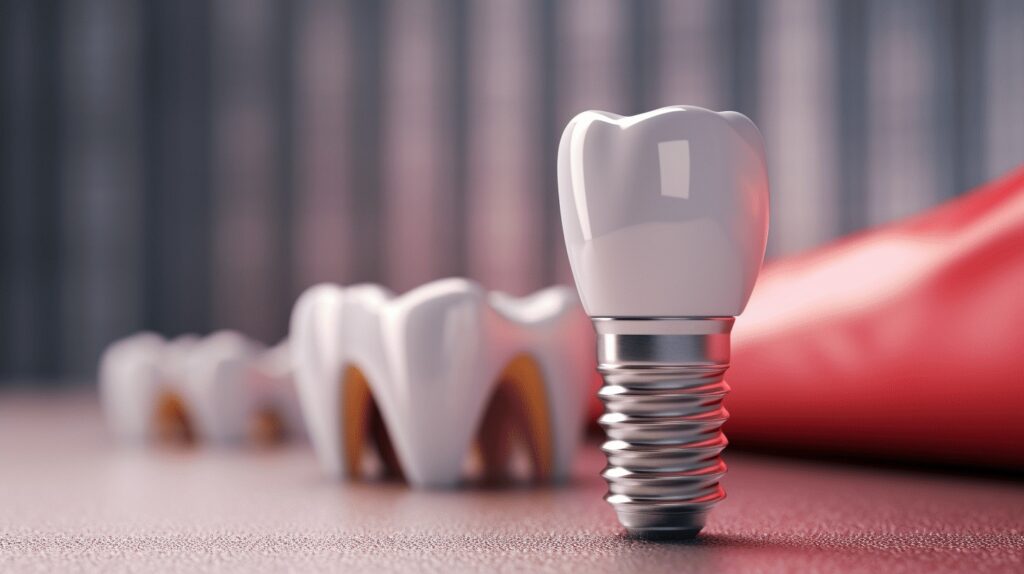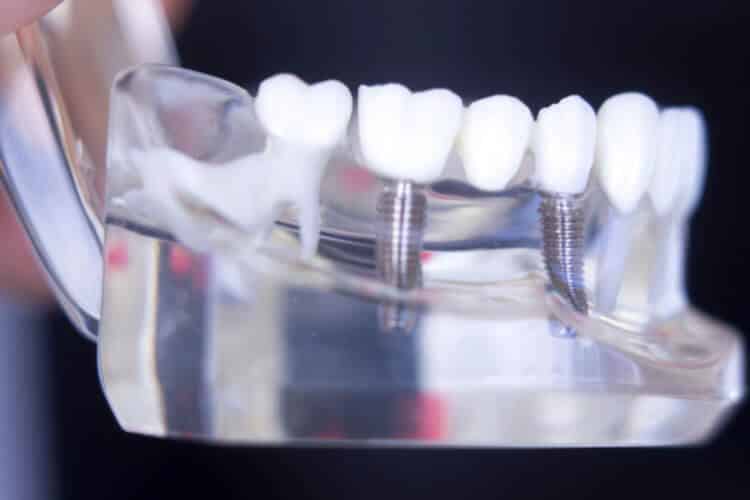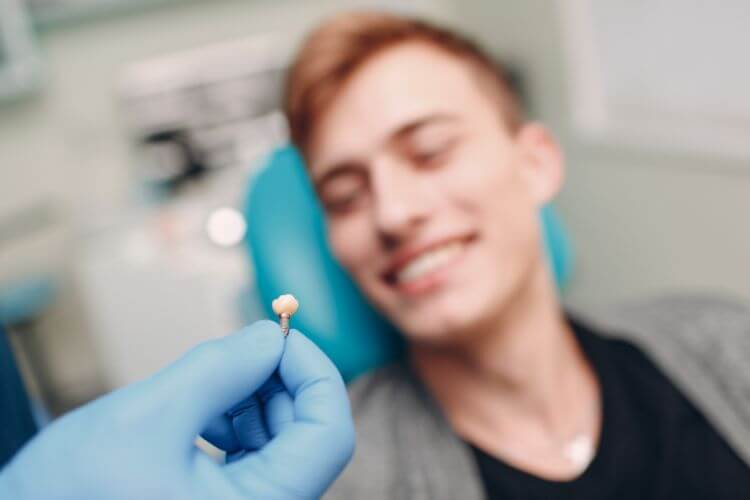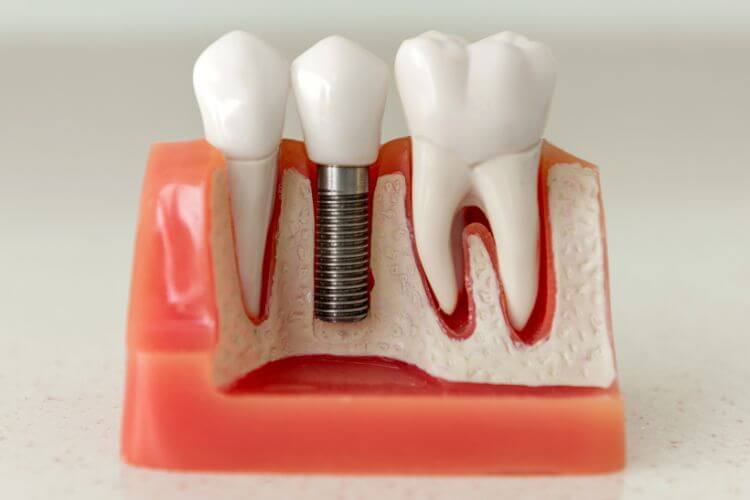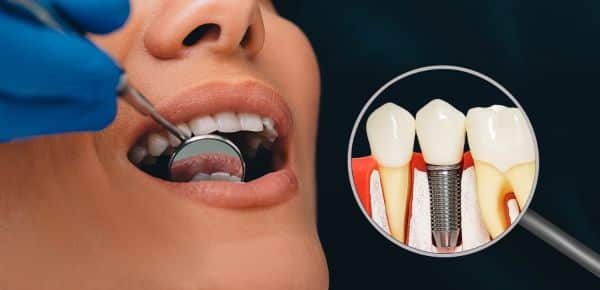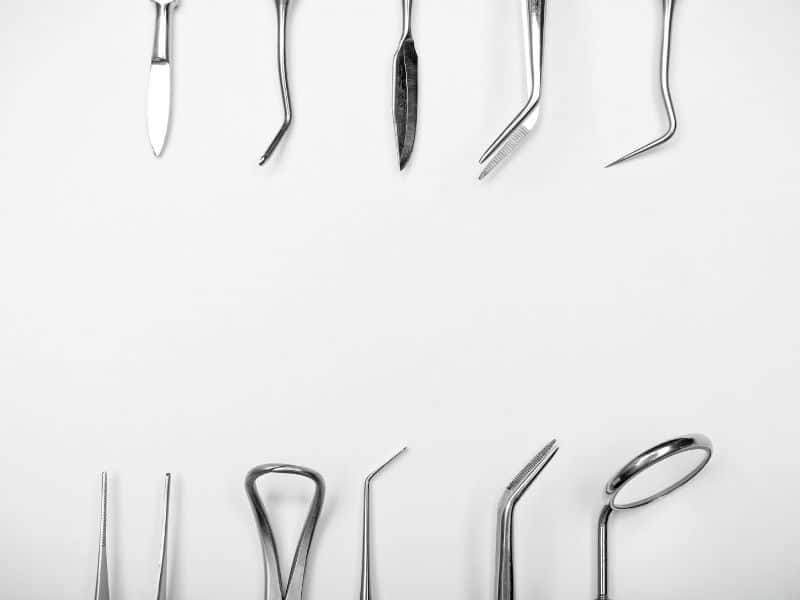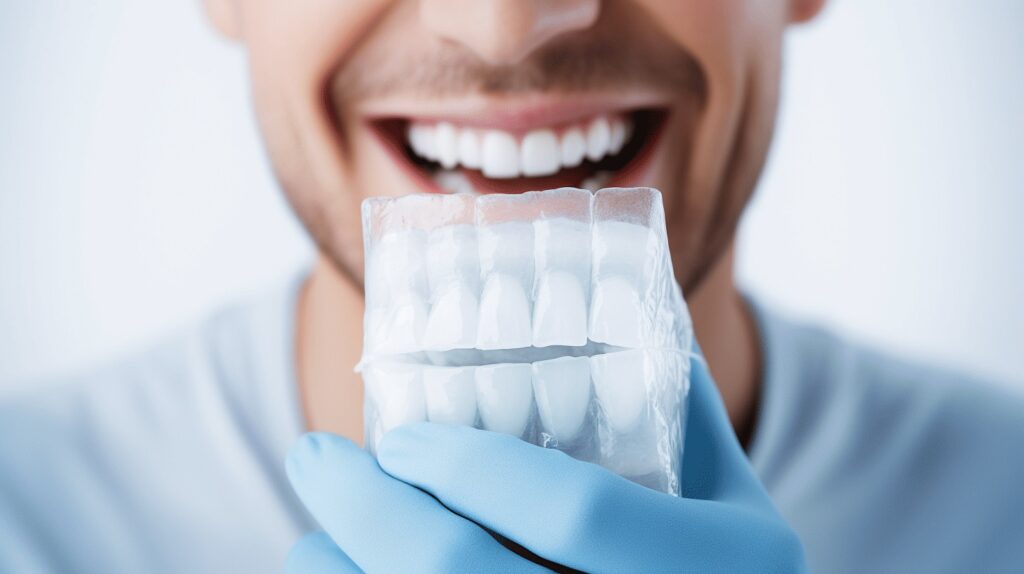In our quest for life’s perfect smile, we often turn to dental implants to replace missing teeth. As we embark on this journey, it’s crucial to understand the various factors affecting the success of dental implants. 🦷
Among these factors, the habit of smoking stands out due to its significant impact.
Recent studies have shown that smoking can indeed hinder the effectiveness and longevity of dental implants, becoming a stumbling block for those seeking a beaming, healthy smile. 🚬
In this article, we’ll guide you through the complex relationship between smoking and dental implants. From the increased rate of implant failure to potential post-surgical complications, our conversation aims to provide a comprehensive understanding of the reasons you might want to reconsider lighting up if you’re considering or have already received dental implants.
Read on as we delve into the science behind two seemingly unrelated activities – smoking and dental implant success.
Our aim is not to overwhelm or frighten you, but to enlighten you with vital information to ensure your journey towards a radiant smile is as smooth and successful as possible. 😊
Table of Contents
Smoking and Dental Implant Failure
Smoking, notorious for its disastrous impact on overall oral health, has a specific and highly detrimental effect on dental implant success rates.
The connection between smoking and implant failure is alarming, though perhaps not surprising. It is high time we delve into some facts and figures to trace this link more precisely.
Rate of Implant Failure in Smokers
Fear it or ignore it, but the truth remains: smoking significantly hikes the risk of dental implant failure.
Imagine this — smokers have a staggering 8.3% chance of implant failure!
Yes, you read that correctly, a breathtaking 8.3%, due to the adverse environment smoking creates in the oral cavity. This harsh reality is starkly highlighted when we consider that smoking elevates the likelihood of dental implant failure by an astounding 140.2%. 😱
When diving into the specifics, the failure rate of dental implants in smokers varies. It ranges between a modest (but still worrying) 6.5% and scales up to a daunting 20%.
This fluctuation is influenced by various factors such as individuals’ smoking habits, duration, and overall oral hygiene habits, to name a few.
Comparison between Smokers and Non-Smokers
Now, let’s put this into perspective by comparing smokers’ failure rates with non-smokers’.
For those who abstain from tobacco, the failure rate is a tiny little fraction: a mere 1.4%. This vast difference becomes even more glaring when we look at an intriguing case study.
Among a group consisting of over 60 adults, a remarkable 15.8% of dental implants in smokers ended up as a failure. As opposed to a much lower figure as observed among non-smokers.
There’s no denying that smoking significantly dents the success chances of dental implants. The correlation is clear, alarming, and cannot be overlooked.
So, if you’re a smoker considering dental implants, it might be time to kick that habit and increase your chances of a successful implant. It’s a win-win — your overall health and your smile will thank you! 😊
Biological Complications in Smokers with Dental Implants
The journey to a better smile through dental implants can be an exciting one.
However, if you’re a smoker, it’s important to be aware of the unique challenges you may face.
Let’s delve into the biological complications related to dental implants in smokers, such as bone loss, painful inflammation and reduced blood flow, and infections that lead to the deterioration of the jawbone.
Bone Loss
One of the alarming complications with smokers who get dental implants is bone loss. In fact, research has shown that the rate of bone loss around dental implants in smokers can increase by as much as 0.16mm yearly.
This might sound like a minuscule amount, but over time, this subtle bone loss can lead to implant failure. Essentially, the implant you hoped would be a permanent solution for your missing tooth or teeth ends up becoming a rather disappointing investment.
Painful Inflammation and Reduced Blood Flow
It’s true, smoking often leads to painful inflammation and reduced blood flow around dental implants. When there’s reduced blood flow, your body may struggle to deliver adequate nutrients to the area surrounding the implant.
This can impair the healing process, leading to prolonged recovery times and increased discomfort post-surgery.
Infections and Deterioration of Jawbone
The risk doesn’t end at bone loss and inflammation, unfortunately. Our research indicates that smoking also significantly increases the likelihood of infection and the subsequent deterioration of the jawbone following dental implant surgery.
Infections can not only be painful but may also lead to serious health complications. Furthermore, deteriorating jawbones may mean that any future dental implants or other restorative procedures may become more difficult or even impossible.
While these complications can sound daunting, remember, they are avoidable. If you’re a smoker considering dental implants, talk to your dentist about strategies to mitigate these risks. And if possible, consider cessation programs to help stop smoking, ultimately improving your oral health and overall wellbeing.
“Smiles are always in fashion.” Keep yours healthy, intact, and complication-free!
Impacts on Healing and Post-Surgical Complications
Smiling should be a source of joy, but tooth loss can sometimes make it fraught with complexities.
Thankfully, with modern dental treatments like implants, it’s now easier than ever to restore a bright and healthy smile.
However, to set expectations right, we think it’s essential to illuminate how lifestyle choices, particularly tobacco usage, can impact the healing process and increase the risk of post-surgical complications after a dental implant surgery.
Impact on Healing Process
Post-surgery, your body immediately dives into the mission of healing.
Here, you gift your mouth a grace period to adjust to its new neighbors, the implants. During this time, a remarkable process called osseointegration takes place, where your jawbone gradually supports the implant, creating a sturdy base for your new artificial tooth.
But lighting up a cigarette can throw a wrench in this healing machinery.
This is how:
- Inhibits Blood Flow: Chemicals in cigarettes can affect your blood vessels, constricting them and impeding the healthy flow of oxygen and nutrients to the surgical site.
- Deters Immune Response: Smoking hampers your immune system, reducing its capacity to fight infections and slowing the healing process.
- Interferes with Bone Growth: Nicotine, a notorious substance in tobacco, can deter new bone growth, a critical factor to successful osseointegration.
Increased Risk of Complications
But that’s not all. Smoking doesn’t just slow down the healing, it also risks turning your dental implant journey into a rocky road by increasing the chances of complications, such as:
- Infection: The presence of bacteria in the mouth increases due to the lower oxygen levels from smoking, making it a breeding ground for infections.
- Implant Failure: Continuing to smoke during the healing period may lead to poor bone quality, which can ultimately lead to implant failure.
- Gum Disease: Smoking raises the risk of gum disease – a severe threat to both the implant and the remaining natural teeth.
Having discussed the impacts of smoking, we believe it’s crucial to say – Don’t despair!
Making changes in smoking habits before surgery or during the recovery phase can reduce these risks dramatically. For instance, following our pre and post-operative instructions can assist in a smoother healing process and successful implant integration.
Remember, the journey to a radiant smile isn’t free of hurdles, but with caution and care, we can navigate these together.
So let’s pledge to prioritize our oral health and greet the world with happier, healthier smiles! 😊
Smoking and Periodontitis
Puff, puff, pass. A familiar refrain among social circles, isn’t it?
Whether it’s a late-night escapade or a close-knit gathering, cigarettes often find their way into the mix. But have you ever stopped to think about the toll it could be taking on your oral health, besides staining those pearly whites?
Smoking could be the silent culprit behind a dangerous disease known as periodontitis.
Periodontitis is a serious gum infection that damages gums and can destroy the jawbone, leading to teeth loss eventually. It’s no secret that smoking harms your lungs, but the danger it poses to your gums might catch you by surprise.
Think about cigarettes as not just a social pastime, but also adversary number one to your oral wellbeing.
Why, you ask? Let’s delve a bit deeper into this.
- Nicotine’s nasty effects: It’s not just the cloud of smoke that’s worrying. The harmful chemicals in cigarette smoke, especially nicotine, cause gum tissues to turn inflamed and affect the normal functioning of gum tissue cells, making them more susceptible to infections like periodontitis.
- Fueling the flame: The heat from a lit cigarette also dries out the mouth and inhibits the production of saliva that helps in flushing out the harmful bacteria. This leads to a surge in bacteria production, escalating the risk of gum infection.
- Masking the mayhem: Smoking has the crafty ability to mask the symptoms of gum disease. One common symptom of periodontitis is bleeding gums. But in smokers, nicotine causes blood vessels to shrink, making gums less likely to bleed and hence, making periodontitis less noticeable.
“Heavy smokers, the unfortunate news is, you are more likely to have severe periodontitis compared to non-smokers.”
While the above information might make you reach for the mouthwash, remember, prevention is better than cure. The first step of prevention is being aware.
As we navigate the consequences of heavy smoking, comprehend that the prevalence and severity of periodontitis is much higher among heavy smokers compared to non-smokers.
Despite the grim clouds hanging over your heads, dear smokers, there is a silver lining! Partial to complete recovery from periodontitis is possible if you quit smoking. Your gums and teeth will thank you for it. 😊
Remember, periodontitis isn’t a trivial concern. It’s a dental Ninja silently sabotaging your smile, one puff at a time.
By the time you notice something’s amiss, substantial damage might have already been done. So, let’s discard those packets, let’s choose health over habit, and let’s stride towards a brighter, healthier smile.
After all, you’re never fully dressed without a smile, right?
Conclusion
We hope that this article has illuminated the risks and consequences of smoking on dental implants. Keeping our smiles healthy and beautiful is a team effort.
Beyond our expert care and innovative procedures at Wilshire Smile Studio, personal habits play a huge role in determining the success of dental treatments.
We strongly encourage our patients to quit smoking to ensure the long-term success of their dental implants.
Remember, maintaining your oral health is a journey, not a single step. Opting for dental implants is a significant and beneficial step in that journey.
We are always here, ready and eager to support you in your quest for a stunning, healthy smile.
Feel free to schedule a free consultation at Wilshire Smile Studio or call 323-DENTIST (323-336-8478).
Let’s work together to ensure that your healthy smile lasts a lifetime. After all, a healthy life begins with a healthy smile. 🦷💖
Frequently Asked Questions
1. Is smoking harmful to dental implants?
Yes, smoking is harmful to dental implants. It can interfere with the healing process after implant surgery, increase the risk of implant failure, and contribute to complications such as infections and gum disease.
2. How does smoking affect the success of dental implants?
Smoking restricts blood flow, reduces oxygen supply, and impairs the immune system’s ability to fight infections. These factors can compromise the osseointegration process, where the implant fuses with the jawbone, leading to implant failure.
3. Can smokers get dental implants?
Smokers can get dental implants, but the success rate is lower compared to non-smokers. Dentists may advise quitting smoking or reducing tobacco use prior to implant surgery to improve the chances of successful integration and long-term implant stability.
4. How long should I quit smoking before getting dental implants?
It is ideal to quit smoking at least a few weeks before dental implant surgery. However, the longer you quit before the procedure, the better. This allows time for your body to heal, improving blood circulation and reducing the risk of complications.
5. What are the other oral health risks associated with smoking?
Smoking not only increases the risk of dental implant failure but also contributes to problems such as gum disease, bad breath, tooth discoloration, delayed healing after dental procedures, and increased risk of oral cancer.


